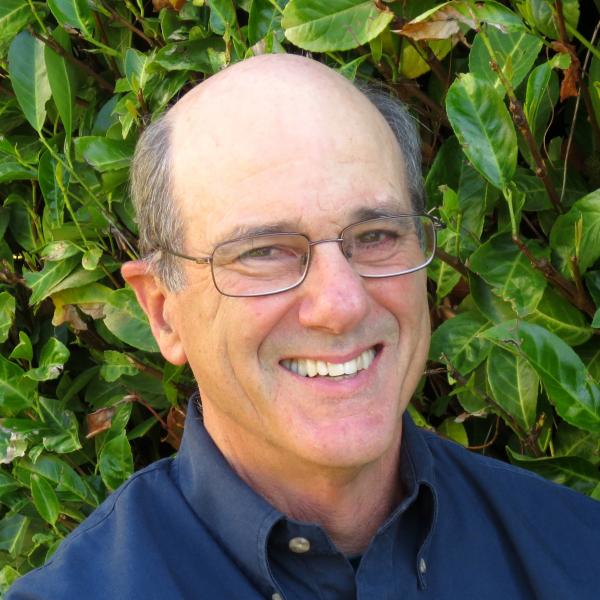The Wisdom of ‘Wisdom Councils’
By Jim Rough
 Bregenz is a small city on Lake Constance at the westernmost edge of Austria. In the heart of the city is a parking lot facing a lake. As with many cities in the U.S., it’s been tough to develop this key parcel of land because each development proposal generates a political battle.
Bregenz is a small city on Lake Constance at the westernmost edge of Austria. In the heart of the city is a parking lot facing a lake. As with many cities in the U.S., it’s been tough to develop this key parcel of land because each development proposal generates a political battle.
To move the project ahead without the usual conflict, the mayor tried a new kind of citizen involvement strategy developed in the U.S. called the “Wisdom Council.” Twelve citizens were randomly selected from voter registration roles.
First, they listened to the latest project proposal and to a range of views on it. Then the door was closed and they were facilitated to reach unity on the project. The facilitation method uses a dynamic, heartfelt, creative approach where people achieve progress through shifts and breakthroughs. They met for just a day and a half.
The Wisdom Council then presented a perspective solution to the investors, architects, city planners, activists and citizens. One at a time each Wisdom Council member spoke how enjoyable and rewarding it was to be on the Council. All were proud of their contribution, and proud of the group’s conclusion. Then the audience turned their chairs and met in small groups to consider this perspective. It was a celebration, because most everyone was on board, including the developers.
The reason why this new strategy works is the quality of conversation it elicits. It’s not the ordinary agree/disagree political discussion. It’s the kind of conversation where people want to get involved, where each person and each viewpoint is valued.
My hometown of Port Townsend. Wash., recently saw the opposite. A group of frustrated property owners were standing up in public hearings threatening the County Commissioners with costly lawsuits. The Commissioners were merely implementing state requirements to restrict building near the water’s edge of Puget Sound. But it was a classic example of government trying to serve the general interest in an environment where only the affected special interest was present, in this case angry property owners.
A Wisdom Council could be applied to this kind of conflict. It would be simple. The community would gather twelve random citizens, like a jury, to examine this hot issue and co-invent some new perspective. Then the whole community recognizes what’s needed. Usually, the answer is something new. But whatever it is, people can look around and notice that most everyone is nodding.
Unlike a jury, the role of the Wisdom Council isn’t to make decisions or even to exert influence. They merely express a legitimate symbolic voice of the public interest and shift the nature of the public conversation from “battling for my special interest” to “visiting with everyone to determine what is best in this situation.”
There have been over 50 Wisdom Councils in European cities so far. We know it works. It solves problems while making life easier for government. When elected representatives in the state of Vorarlberg, Austria saw it working so well in their communities, they amended the state constitution to include it. So every six months now, the governor or one of the four political parties picks an issue. (They take turns.) On a Friday afternoon the legislators meet in the lobby of their building to hear the Wisdom Council conclusions on that issue, and to visit at small tables about this new viewpoint. Also in the constitution … ordinary citizens can convene a state-sponsored Wisdom Council by gathering just 1,000 signatures on an issue of their choice.
There is no risk in this. It doesn’t replace anything. There is none of the usual power struggle. It’s just a random group of citizens presenting their unanimous views and then disbanding. But they leave the community with a new spirit of conversation going forward. I suppose the real risk is that people can no longer hang out in victim mode and make excuses.
The time is overripe for citizen empowerment and collective intelligence here in the United States. For more information about this approach see the non-profit organization Center for Wise Democracy.
Jim Rough is the co-founder of the U.S. Center for Wise Democracy.
_____________
To get connected and stay up-to-date with similar content from American City & County:
Like us on Facebook
Follow us on Twitter
Watch us on Youtube




















